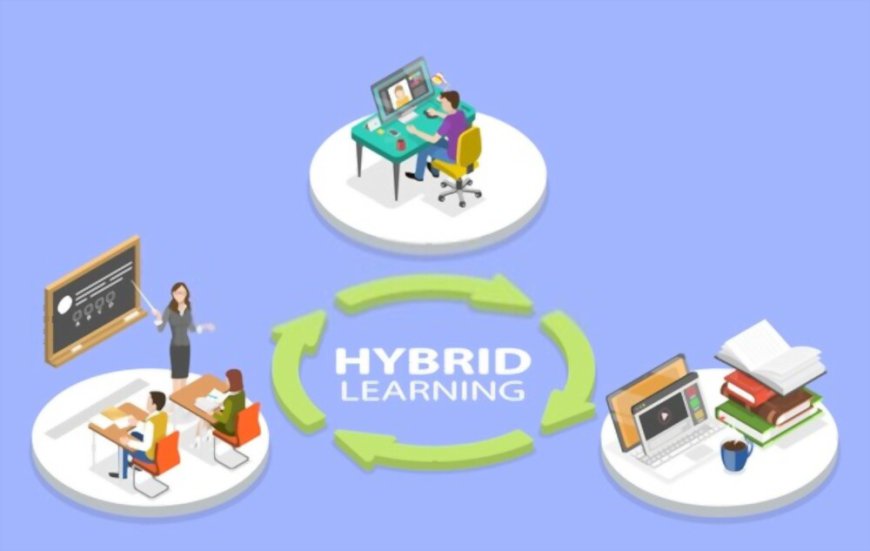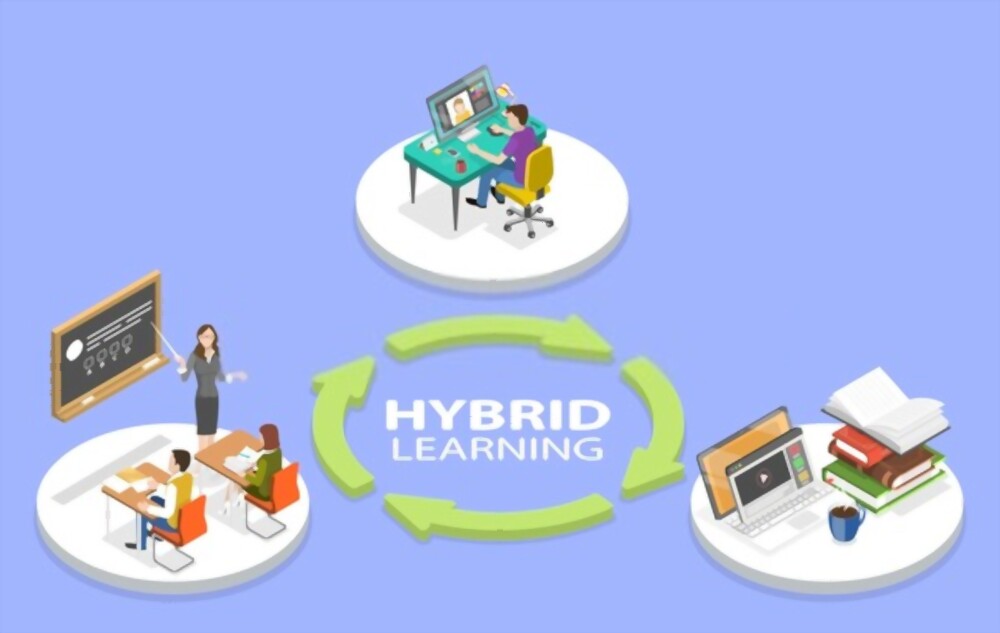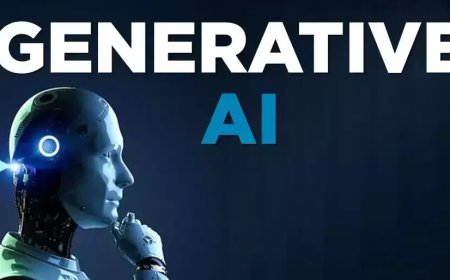Hybrid Learning: Pros and Cons Explained

The hybrid learning model, a blend of traditional classroom instruction and online education, has become increasingly popular in recent years.
This approach allows students to benefit from the flexibility of online learning while still having access to in-person support and resources. As schools and educational institutions continue to adapt to new technologies and teaching methods, understanding the benefits and challenges of hybrid learning is crucial. 
Benefits of the Hybrid Learning Model
Flexibility:
Hybrid learning offers students the flexibility to balance their studies with other commitments. They can attend classes in person while completing some coursework online at their own pace.
Personalized Learning:
The online component allows for customized learning experiences. Students can access various resources and materials tailored to their individual needs and learning styles.
Increased Accessibility:
Students from different geographical locations can participate in classes without the need to travel. This is especially beneficial for those who live in remote areas.
Enhanced Engagement:
Technology can make learning more interactive and engaging. Online tools and resources often incorporate multimedia elements that can capture students' attention more effectively.
Cost Savings:
Hybrid learning can reduce costs associated with physical classroom space and materials. This can potentially lower tuition fees and other educational expenses.
Challenges of the Hybrid Learning Model
Technical Issues:
Not all students have reliable access to the necessary technology or internet. Technical problems can disrupt learning and cause frustration.
Lack of Interaction:
While online tools can facilitate communication, they may not fully replicate the social interaction and collaboration that occurs in a traditional classroom setting.
Self-Discipline Required:
Online learning requires a high level of self-motivation and time management skills. Students who struggle with these aspects may find it challenging to stay on track.
Limited Hands-On Experience:
Certain subjects, particularly those requiring hands-on work, may not be as effectively taught online. Practical experiences often need in-person instruction.
Teacher Training:
Educators need proper training to effectively deliver content in both online and in-person settings. This can be a significant adjustment and may require additional resources. As educational institutions continue to explore the hybrid model, balancing these benefits and challenges will be key to optimizing student outcomes and enhancing the learning experience. Follows Us for More Updates Like Us on Facebook Page : Click Here Like Us on Instagram : Click Here




























